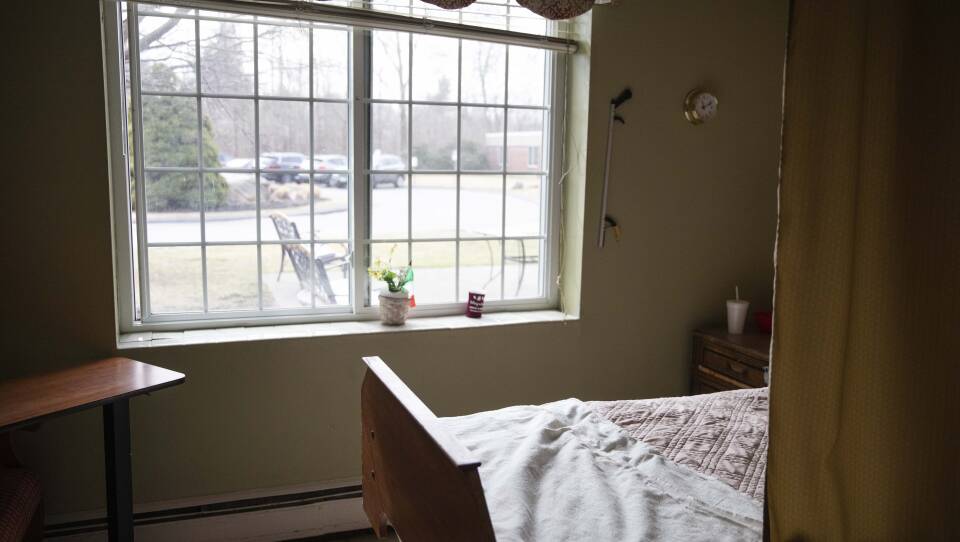Doctors in Italy who have seen COVID-19 decimate their hospitals issued a plea to American health care providers this week: care for people at home. Not only are limited beds needed to care for the most severe COVID-19 cases, but findings suggest that overwhelmed hospitals may themselves be the “main” transmission point for the virus. Telemedicine is now being widely embraced to offer consultations over the phone or video chat. But what about those for whom telemedicine is not an option?
There are hundreds of thousands of Massachusetts residents who qualify for both Medicare, because they are over 65 or have multiple chronic conditions (including disabilities and behavioral health needs), and Medicaid, because they are low income. Because of their age or underlying health conditions, they are at the highest risk for serious complications from COVID-19. For many of them, whether because of technology or social reasons, it will simply not be possible to rely solely on telemedicine.
Commonwealth Care Alliance (CCA) has been caring for people with complex medical, behavioral and social needs in home and community settings for nearly twenty years. With more than 35,000 high-risk members across Massachusetts, we have always focused on limiting their risk and reducing hospital visits – now it is truly a matter of life and death.
Our experience is that home care can be provided safely and effectively, and we hope providers across the state will heed the advice of the Italian medical community to increase home-based care throughout this pandemic. However, care in the home is different from care in a clinic, and there are some new experiences that clinicians should prepare for as they try and care for more patients outside of a medical setting.
First, home visits allow for a broader appreciation of all the factors that impact an individual’s care. Clinicians may notice safety issues that need to be addressed, but they must also balance medical concerns with respect for the patient and their social and economic realities.
Second, patients may feel more comfortable opening up in their home setting. Clinical teams may hear more than they ever have before about what a patient is experiencing or feeling. Being receptive to these honest conversations will give clinicians insight and can keep patients more engaged in their care.
Third, by observing the social conditions around the patient, clinicians will be able to better judge the patients’ isolation and make recommendations to address loneliness. They will also be better able to recommend treatments that are practical.
Finally, it is critical that home care is delivered as safely as possible given the tremendous risk of COVID-19 for these individuals. At CCA, we are continuing to coordinate and provide home care, though with careful modifications. We have created Field Response Teams of clinicians who will visit patients at home across the state, with strict adherence to personal protective equipment, like N95 masks. These teams will provide the routine urgent visits (for example wound care and medication refills) that our members need, and will also provide home care for those with suspected cases of COVID-19.
The reality is that telemedicine will not work for many of our most vulnerable citizens. Yet it is absolutely critical that these patients be given the care they need for their chronic conditions – and equally critical that they be kept out of the hospital. Providing the highest quality home care to our most at-risk patients now will help all of us in our continued efforts to halt this devastating pandemic.
Christopher D. Palmieri is President & CEO of Commonwealth Care Alliance. Robert MacArthur, M.D. is Chief Medical Officer at Commonwealth Care Alliance.




